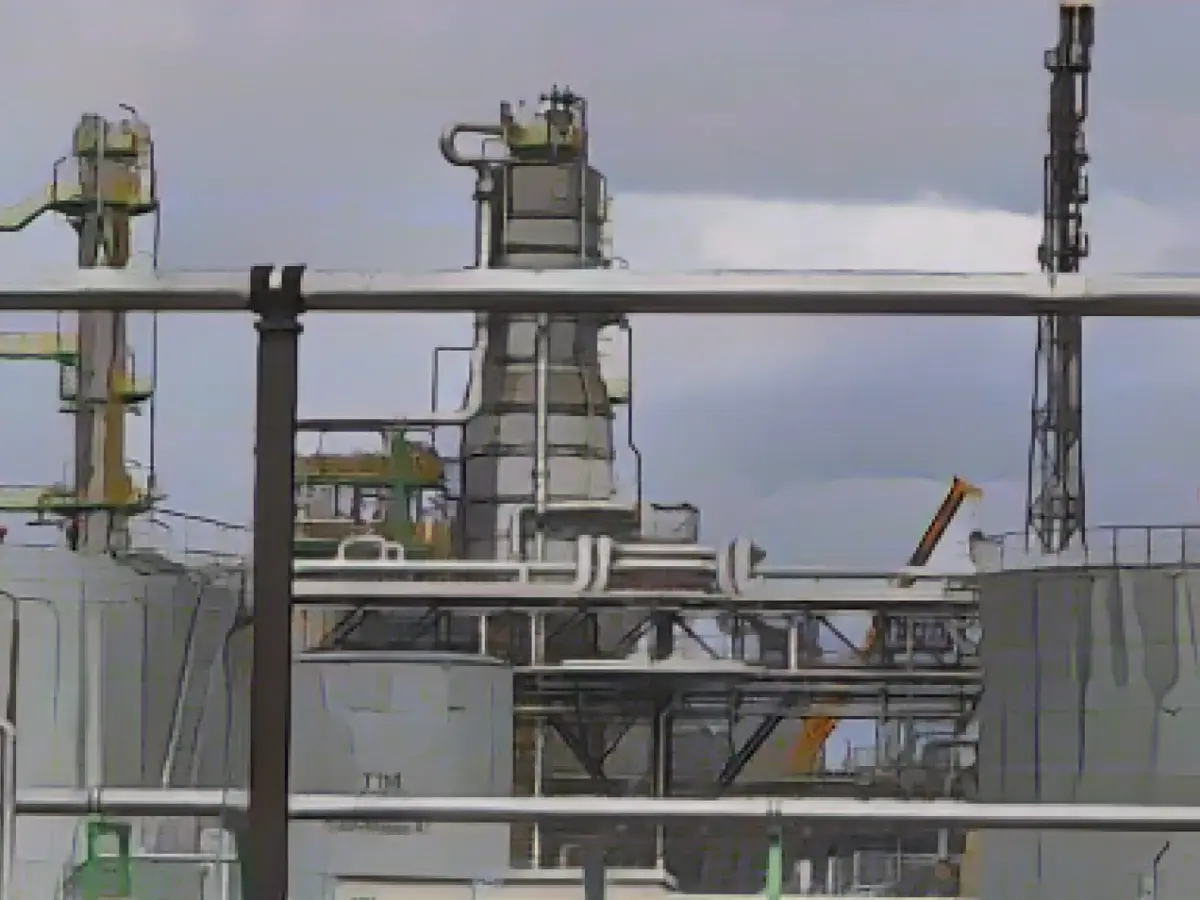Shell's got a hankering to offload its 37.5% slice of the PCK Schwedt refinery to the Brits at Prax Group. The announcement came on a Friday, with the deal predicted to close in the early half of '24, bringing some clarity to PCK's future in north-east Germany. For now, petrol and diesel supplies for consumers and kerosene for BER airport should remain business as usual.
Shell's been looking to ditch this stake years ago, with Austrian Alcmene Group often tipped as the frontrunner. But that 2021 takeover never happened due to Rosneft Group's right of first refusal. Now, Rosneft's shares are under the federal government's trustee administration, and the rules are the same for Shell and its other minority partner, Eni.
The Prax Group, an international oil player in crude, petroleum, and biofuels, is beneath Shell in terms of size and employees, with only 1450 staff across eight global locations. But plenty of power behind its punch, with annual revenues of a whopping 380 billion dollars.
Why's Shell itching to divest? Because they want to consolidate their global refinery portfolio to core, integrated sites. Executive Vice President Machteld de Haan explained, "This is yet another stride towards a streamlined refinery portfolio and boosting high-quality, integrated sites like the Energy&Chemicals Park Rheinland."
No changes planned to the PCK refinery's crude oil supply through ports of Rostock and Gdansk or the distribution in northeast Germany and western Poland. The plant's crude oil source has shifted from Russian to tanker oil and Kazakhstani following a government decision.
Why should you care? The PCK Schwedt refinery has been the lifeline of nearly 90% of Berlin and Brandenburg's car fuel, processing up to twelve million tons of crude oil annually. With Shell looking to sell, the future of this vital energy source is up in the air.
Insights:
The Energy-intensive chemical industry is a crucial sector for the economy of the European Union. The Green Deal aims to transform the industry while reducing its carbon footprint. However, the changing landscape, such as the sale of Shell's PCK Schwedt shares, may impact the progress towards environmentally-friendly alternatives.
- Shell is seeking to reduce its dependence on Russian energy sources, impacting global energy markets and geopolitical strategies.
- Negotiations are ongoing for potential buyers, but there's no definitive confirmation as of now.
- The involvement of Qatar in acquiring Rosneft's stake may shape future ownership structures and market dynamics.
Source:








